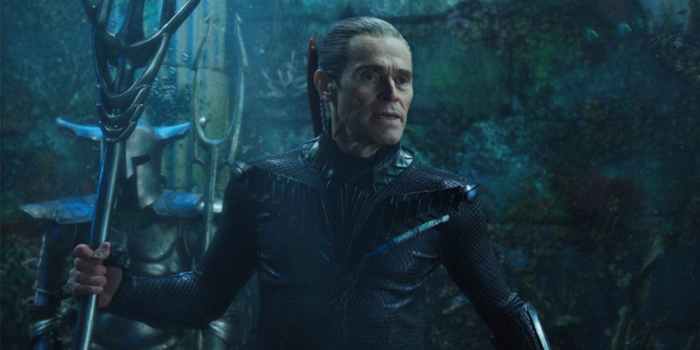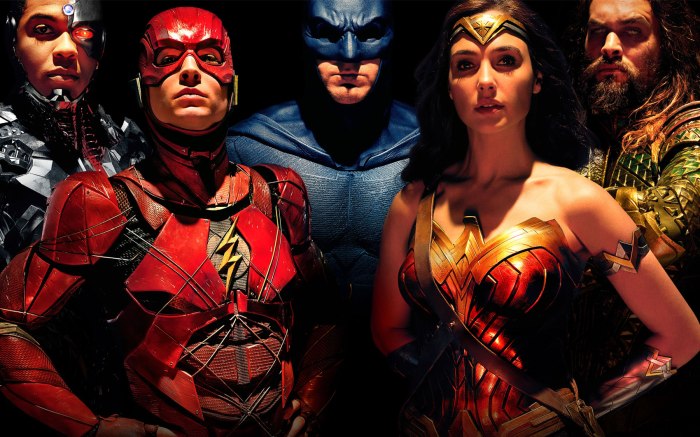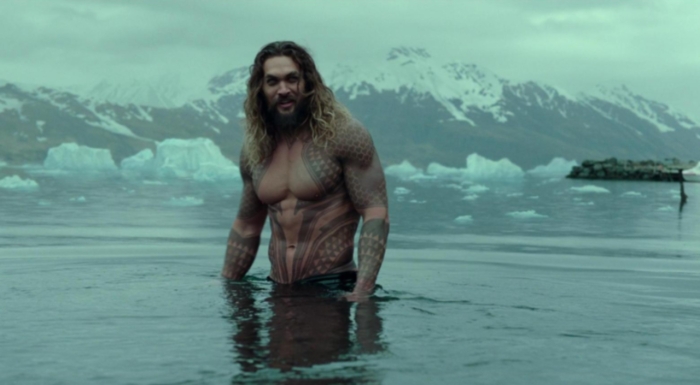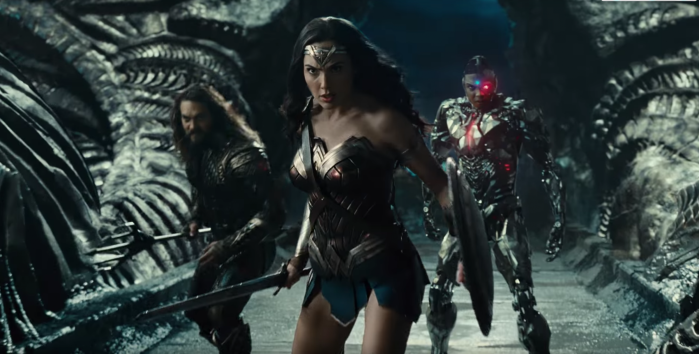After a few weeks of buffering (what I’ve taken to calling the practice of spending weeks-long stretches of Tuesdays with Cory posts discussing old streams and retrospectives), we finally have some live ones on tap: next week I’ll be talking about El Camino, which just dropped on Netflix last week, and the week after that I’ll be talking about my experience with Midsommar (alright, fine, that one’s not particularly new, but it just hit the rental cycle last week and so I’m calling it new-ish at least) in honor of the approaching Halloween holiday. This week, though, I’m going to break down a recent release that I actually made a pilgrimage to my local theater to see: Joker. The latest comic book adaptation to add to the massive pile is clearly one that’s unique in its approach to its ubiquitous and notorious titular subject, and with director Todd Phillips (The Hangover, Due Date) making some real waves in the past few weeks about how humor apparently isn’t OK anymore (LOL) along with Joker‘s apparent resonance with TIFF crowds a while back, this feels like the one I should tackle first.

Murray Franklin: seemingly an amalgam of all late-night talk show hosts, played by Robert De Niro and designed (I think) to embody societal vanity.
What you need to know: visually, Joker is at least fine, and perhaps even beautiful at times, though it spends a lot of its money shots on slow-motion interpretive dance sequences and nauseating displays of varying intensity. Tonally, it’s black as night, awkward, unsettling, and at its height, disturbing. To say the least, it’s not a movie you’ll leave the theater feeling remotely good after watching, and that’s 100% by design. The pacing is slow, with gruesome and visceral (though also effective) moments of violence shaking you awake after long stretches in which not a lot of non-depressing action happens. Humor-wise, Joker has its moments, as you’d possibly expect from a movie titled as such, but for the most part any attempts at getting a laugh are purposefully hard to watch. There’s also definitely an American Psycho-like quality to almost everything; that is to say, the film’s protagonist, an anti-hero by all accounts if you could even get away with calling him a hero of any kind, is clearly guilty of heinous crimes throughout and conveys as much through appearing visibly guilty and troubled at essentially all times – yet no one sees him. As you can perhaps imagine, this is more than likely in keeping with the film’s theme (as was the case in American Psycho), and is given a voice with a line at around the midpoint of the movie (“people are starting to notice”).

Yikes.
Because ironically, I’d say that Joker isn’t primarily about the Joker at all, nor is it about the origin of a character that’s typically depicted as something of a criminal savant – it’s about the various troubles of today’s society and its treatment (or non-treatment, to perhaps put it more aptly) of people with mental illnesses and, more generally, people who are left feeling disenfranchised by life itself. As much as Todd Phillips doesn’t seem to want to admit it, it’s also a film that possesses at least an undertone of political-mindedness, if only to say that as a governed populace we all need to do better than not acknowledging major issues that are very clearly there. Giving a stark face to these issues is Joaquin Phoenix, who indeed gives what might be considered the performance of a lifetime as the crown prince of crime, finding a way to bring a fresh perspective to the character in his collaboration with Phillips that’s worthy of Oscar consideration to say the least, if even just for the laugh, which is a chillingly stifled mix of mirth and pain while possessing the high pitch that often serves as the character’s calling card. He’s menacing for sure, though not remotely as cagey or cerebral as any of the past renditions of the Joker, and for that he gets docked a few points, but I’m willing to cut Phoenix some slack as he also clearly starved himself for the role to get himself to a point that’s physically hard to look at. Mostly, I just hope he’s OK.

How does Arthur Fleck get so trim? Why, gun Pilates of course.
My main problem with Joker is that it features elements that go back on its own pervasive promise to be different. It takes what often seem like great pains to separate itself from the DCEU label (refraining to even show the logo until after the end credits), and instead of taking the customary approach of framing the Joker as the criminal mastermind that he typically is, if even in a budding state, it instead portrays him as someone who kind of falls ass-backwards into notoriety and becomes a criminal and revolutionary symbol more or less on accident (I don’t agree with this depiction one iota, as to me the Joker is the yin to Batman’s world’s-greatest-detective yang, and that’s what makes him great, but that’s a whole other ball of wax). This is what makes Joker‘s attempts to worm its way back into Batman territory – featuring the death of the Waynes at the end (in a totally non-canonical way, I’ll add) being the prime example – jarring. It’s one of a few stumbles relating to the insistence of involving the Waynes that sticks out, with the other being a subplot about Arthur Fleck potentially being a Wayne himself – this winds up frustrating in its conclusion and also raises a lot of dubious questions about plausibility – namely, why would Penny Fleck ever regain custody of that child? Perhaps, though, seeming systemic flaws like these – and like a clearly sick man being refused medications because of funding cuts – are what Joker aims to highlight.

Get ready for a lot of this – slow motion hand-wavy “dancing.”
There are other plotting conundrums besides these, and all in all Joker ends up with a story that doesn’t feel particularly tight, gracefully featuring an ambiguous ending that more than likely signals no sequel, and no return of this rendition of the character to any future DCEU flicks. What Joker is in its sole outing is a mix of shots of Phoenix slow dancing with himself, shots of Phoenix running wildly between places and doing a lot of arm-flailing, shots of someone on the ground being literally kicked while they’re down (maybe be a little more subtle with your metaphors, Mr. Phillips), shots of Phoenix emptying a fridge and climbing into it for what seems like no reason, and shots of Phoenix interacting mildly with Zazie Beetz in a predictable delusion and an overall vignette that makes you wonder why such an up-and-coming actress would take the part. And sure, watching Arthur Fleck’s attempts to be seen in the world – be it through gut-wrenchingly awful stand-up comedy or incendiary and graphic violence – is usually compelling, but it’s hard for me to claim that the dramatic work of the film’s lead actor has Joker in anything above second gear for the majority.

Me when I go grocery shopping and see that Lunchables are on sale.
And so, as great as Phoenix is in the title role, and as artistic as Joker can occasionally be, the late Heath Ledger still holds the surely-coveted title of Tuesdays with Cory’s Best Joker, and The Dark Knight still holds the title of Best Batman Movie. At bare minimum, Phillips’ creation deserves credit for being different in a genre that Martin Scorsese recently described as a theme park (if this movie is a theme park, it’s certainly not one I’d ever want to go to, but then again I’m not really a fan of theme parks in general), and his work admirably makes use of a comic book character and a comic book label to get a whole lot of asses into seats to see a movie that takes on challenging themes that people would likely otherwise never see, but at the end of the day Joker lacks much substance outside of an empty insistence (albeit maybe true) that the world is as dark a place as ever. While it’s no doubt a daring film and an occasionally powerful character study, I think it’s as simple in this case as saying that Joker just wasn’t for me, and at the very least it also seems to be a movie that fancies itself more highbrow than it actually is.









